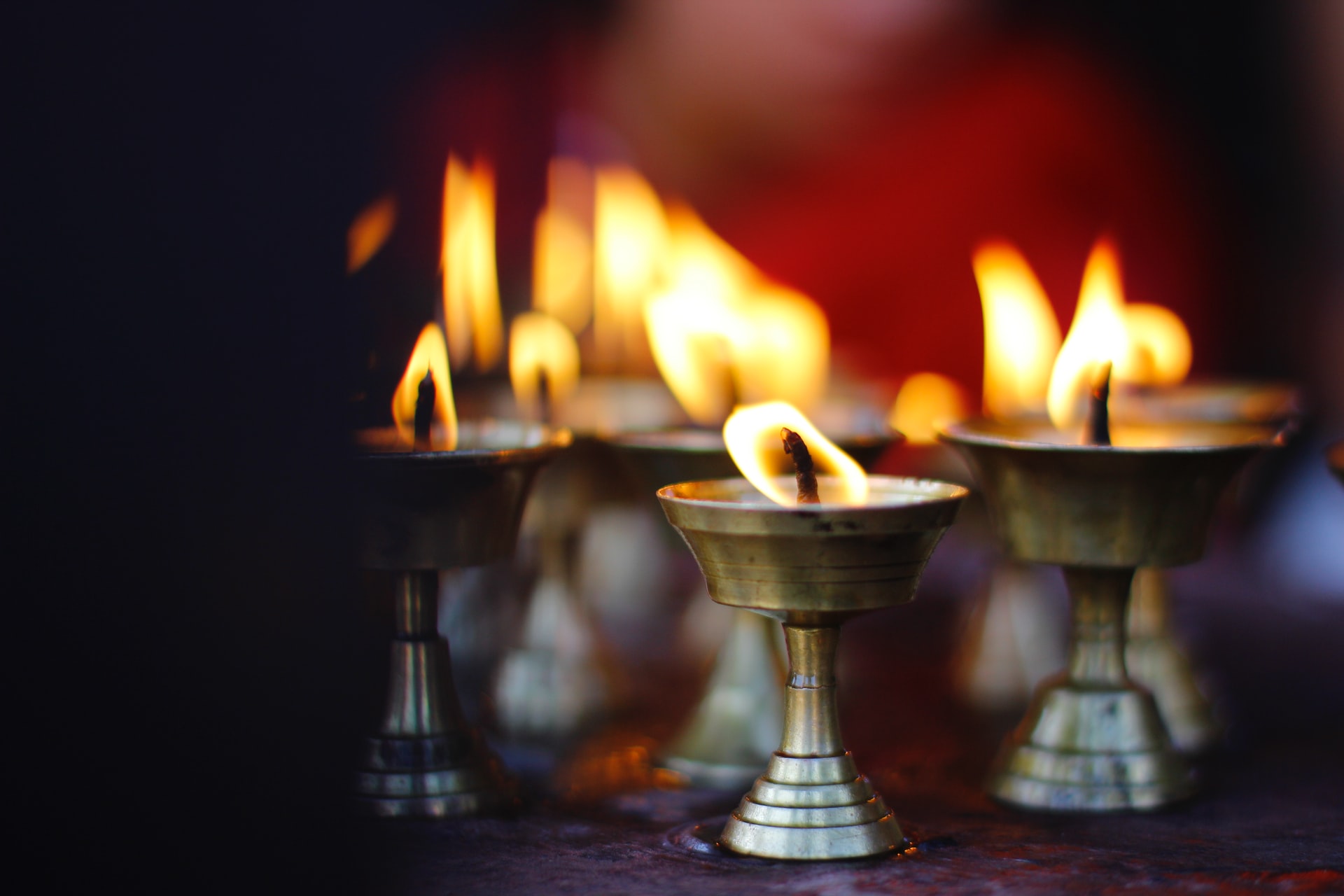“Jab bhi hum muqabale mein dabne lagte hai… to hum ek hi cheez ka aadhaar lete hai… sanskar.”
– Swades (2004)
A hackneyed paragraph about sanskar – usually accompanied by a flower, or Ganesha image – is the first thing you may encounter ever morning on your family WhatsApp group as the ‘good morning’ messages flood in.
Millennials might blame technology for these early morning moral uprightness cliches. However, the previous generations and the generations before them received similar messages on sanskar – it’s just that the medium of communication was different.
Sanskar has always been an indispensable part of Hindu theology. Nevertheless, it has never been explained as to how much sanskar makes us sanskari.
This question has become more relevant in the ‘Amrit Kaal’ of India when sanskar is interlinked with Hindu nationalism.
Sanskar and culture
The term sanskar traces its origin to the Sanskrit word ‘Samskara’ (Sam+Kara), which means good actions – a behaviour appreciated within a cultural framework. This appreciation of ‘correct behaviour’ by a community establish a unique relationship between sanskar and culture.
A common thread that links both elements is that the word culture in Sanskrit is ‘Samskruti’. According to anti-caste intellectual Sharad Patil’s observation, samskruti is made in leisure and leisure is only available to the upper class. Hence, the upper classes are the creators of culture, and the ones who get to decide what the correct behaviours are within a community.
More so, scholar V.N. Rao argues that in India, each caste and religion has developed its own cultural framework over a period of time. They have their own dance, songs, rituals, tradition and sanskar. Even sub-castes (jati) have a list of appropriate cultural behaviours that align with their community values.
To add to it, if we look back in Hindu mythology to the Mahabharata, the conversation between Krishna and Karna juxtaposes the notion of sanskar. For Krishna, standing with dharma was the correct behaviour. For Karna, aligning with his friend Duryodhana was the appropriate behaviour.
Thereby, mythological anecdotes and scholarly papers suggest that correct behaviours/actions are ambiguous with no specific ‘sanskar model’ that could justify whether someone is sankari or asanskari (immoral/morally corrupt) in a culturally diversified country like India.
Sanskar and nationalism
In recent times, Hindutva hardliners have become a dominant political and cultural group, and have enforced their way of life and cultural practices on others. Their taste and judgment, such as dietary habits, dressing sense, patriarchal views and political beliefs, are depicted as morally correct behaviour.
Moreover, the ruling regime BJP, its parental organisation the Rashtriya Swayamsevak Sangh, and its supporters, have started using sanskar as a reinforcement tool in a way that is similar to what the British did in the name of Victorian morality.
The colonials used puritanical views and the English language as positive reinforcers to establish a false consciousness of enlightenment among Indians. Furthermore, they forced Indians to believe that their actions would be considered morally upright if they adopted Victorian values – otherwise, they would remain barbaric and immoral.
On a similar note, Hindutva hardliners use sanskar to bifurcate the Indian society into ‘morally correct’ and ‘immoral’ people. Supporters of the ideology are considered sanskari, whereas as critics and other reformers are seen as asanskari, and are even labelled as anti-nationals.
To be sanskari or asanskari?
It is not a hidden fact that for the Hindu bourgeoisie, morality is everything. Even today, asking for condoms, sanitary pads or even watching a kissing scene on a TV goes against the moral values of many people.
The conservative ritual of endogamy is still a core principle of Hindu society as such practices showcase an individual’s respect for their cultural behaviour. Thus, being called out as asanskari is a hard pill to swallow for any Hindu family.
In a way, Hindutva followers have established a rooster coop where intellectuality, rationality and humanity have been locked in a cage. And only those Hindus are given the tag of sanskari who follow Hindutva’s bigotry and do not ask them to open the cage. In contrast, Hindus who put out rational arguments are mostly labelled as asanskari.
Whether we talk about Jyotiba Phule, Periyar, B.R. Ambedkar, Gauri Lankesh; young activists Disha Ravi, Natasha Narwal, or the recent arrested Dalit professor Ratan Lal, to name a few, these reformers, critics and activists were never countered based on rational argument. Instead, they were defamed, and their behaviour was questioned as it went against desired Hindutva behaviour profile.
It is thus up to you to decide whether you want to remain sanskari by allowing rationality to be locked up in a cage. Or to proudly accept yourself as asanskari by opening the cage and embracing rational, humanist and intellectual views.
If you ask my personal opinion, I am happy to be called an asanskari scholar.
Satkirti Sinha is a PhD research scholar in the Performing Arts department at DMU University, Leicester. His areas of expertise are Folk Culture, Dalit Theology, Feminist Theory, Post-Colonial Theory, and Sexual Politics. His email address is: Satkirti.Sinha.2016@live.rhul.ac.uk

